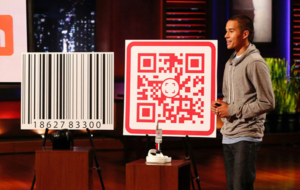With the world headed in the direction of the digital age, it is impossible to avoid it at this point. Every person in the entire world is affected by it now and there is no avoiding it. With that being said, many people are wholeheartedly embracing it and taking small steps in its direction. WordPress has helped with these steps and with its development since 2003 it has revolutionized the internet world. People are now able to make their own websites and begin their own journey into the world of entrepreneurship, (if that’s the direction they choose to head with their website).
Building a website for yourself is hard, and it requires a background in coding and digital design, which is something that most people do not have. Matt Mullenweg saw this as an opportunity to help others with their aspirations while also working on his own. WordPress is constantly developing to assist the wants of thousands of web publishers across the world. Where WordPress goes in the future drastically depends on the needs of the people. They claim that they “can safely assume that it will continue to empower people around the world to create wonderful web spaces.”
We need websites, and without them, we wouldn’t have some of the major ones like youtube, Twitter, Facebook, Amazon, or many others of the like. We need people like Matt who see the potential that the internet has to bring the world closer together and with people like him, in the future, people across the world wont seem so far away.








